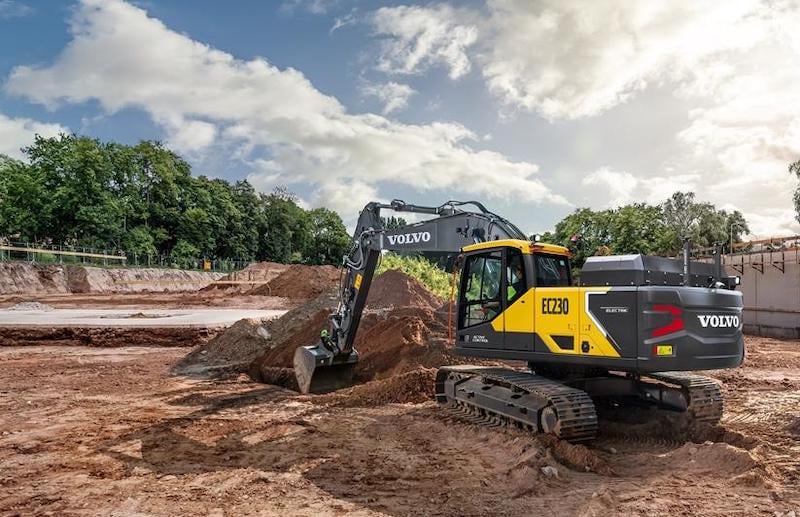While creating space for a new generation of children, a preschool in central Sweden is also pioneering a novel method of construction. Breaking ground this month, Ottfjället preschool in Östersund will be the EU's first fully electrified building site. The project is the result of a collaboration between Östersund municipality, Fossilfritt Sverige, Volvo Construction Equipment and Skanska.
Svante Axelsson, nationwide coordinator at Fossilfritt Sweden, says: "The construction and property sector accounts for approximately 20% of Sweden's total emissions, of which machinery accounts for a significant portion. By requiring zero-emission machines, we can accelerate development and benefit companies that are leading the way. Now we are rolling up our sleeves so that this will be the first of many future emission-free construction sites around Sweden."
Construction is set to be completed by late 2024, and the preschool will accommodate 140 children aged 1–6 years.

Trend Bite
Join 100,000+ future-focused professionals in 180 countries already receiving our free trend updates.
Select your country